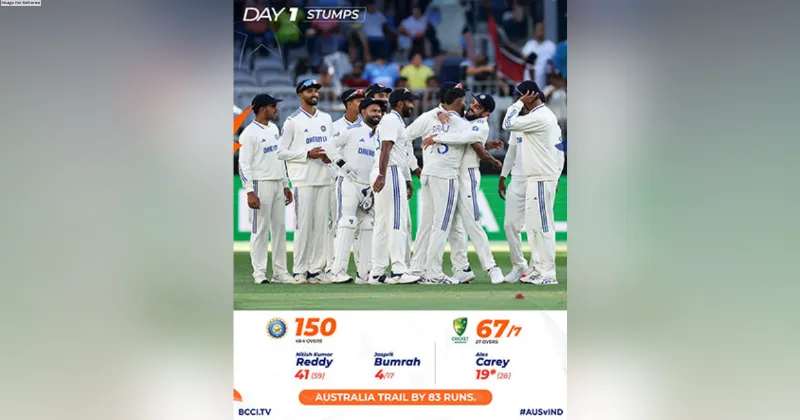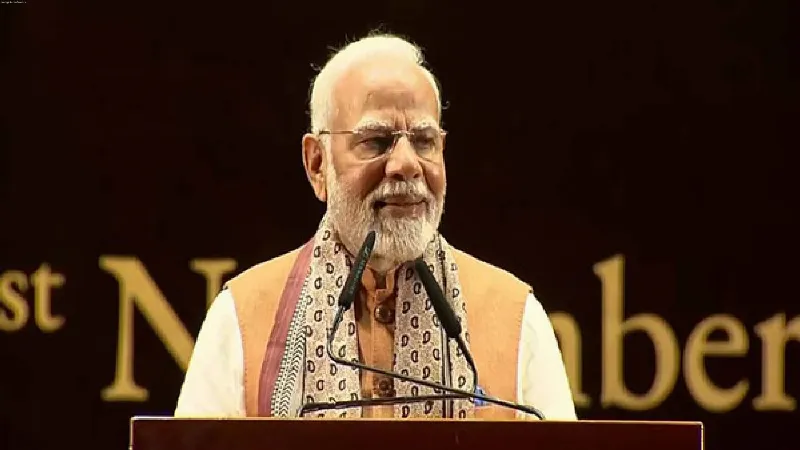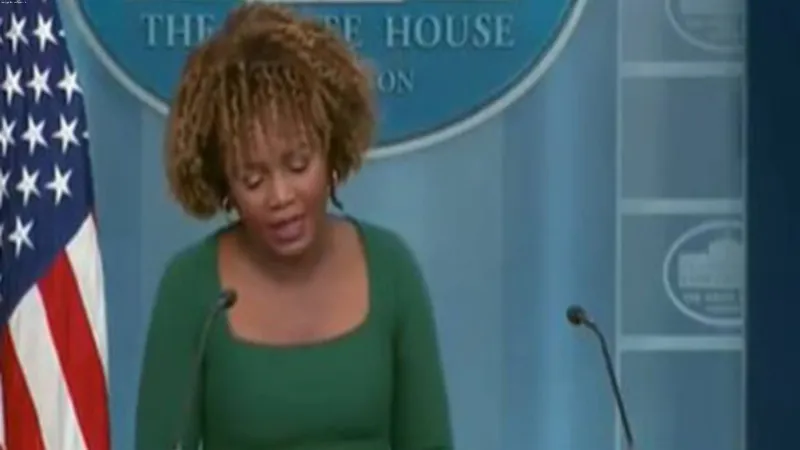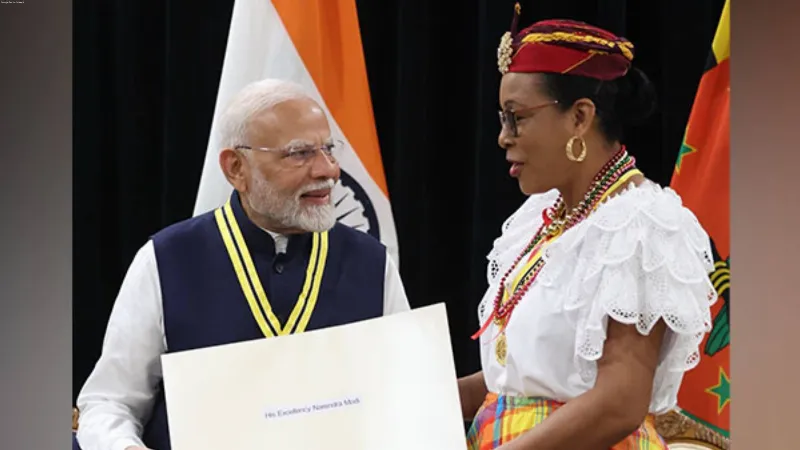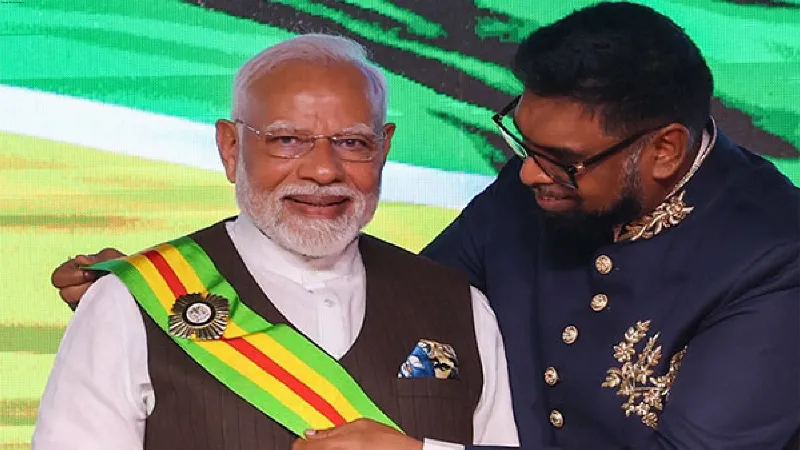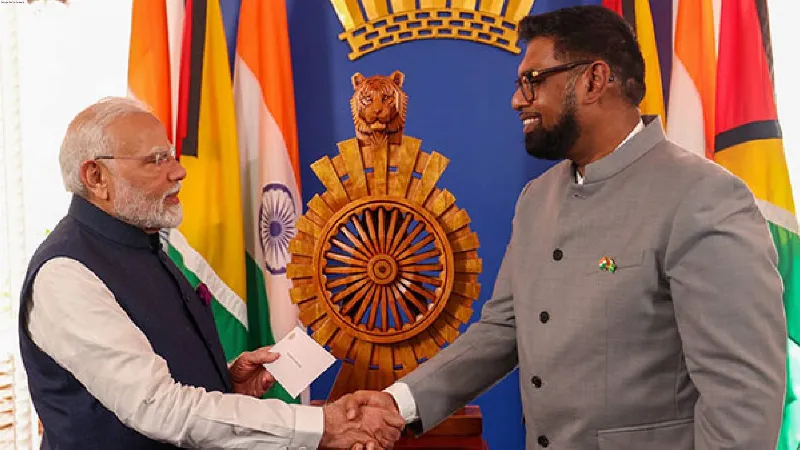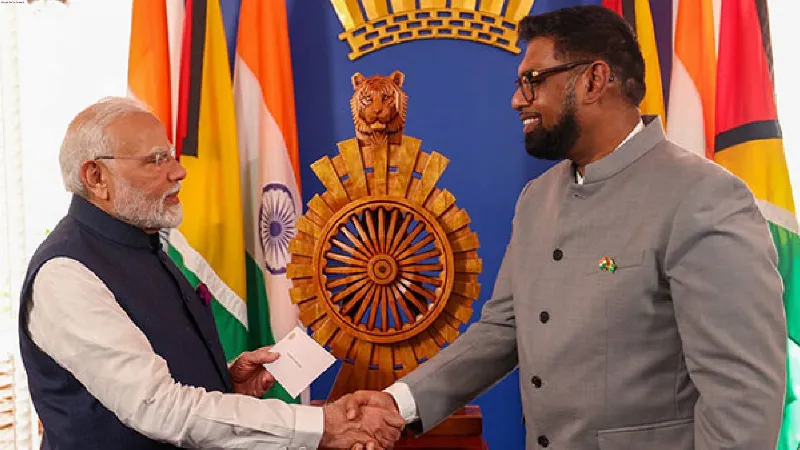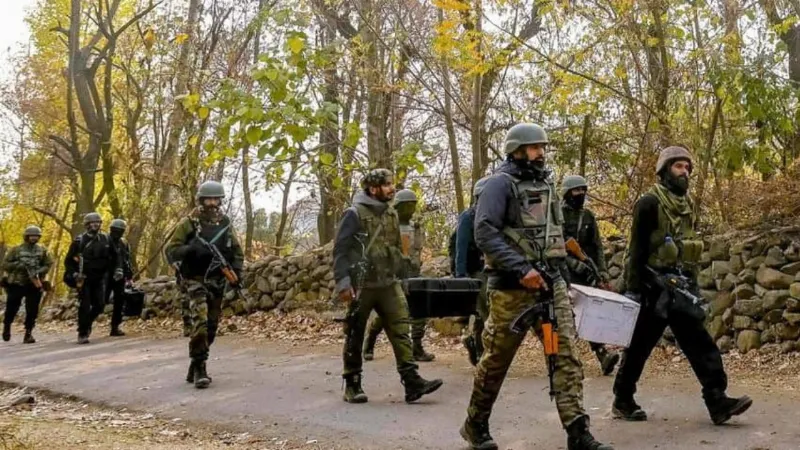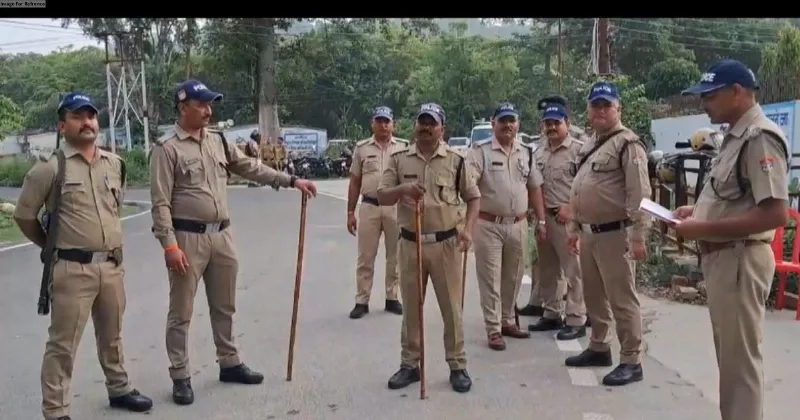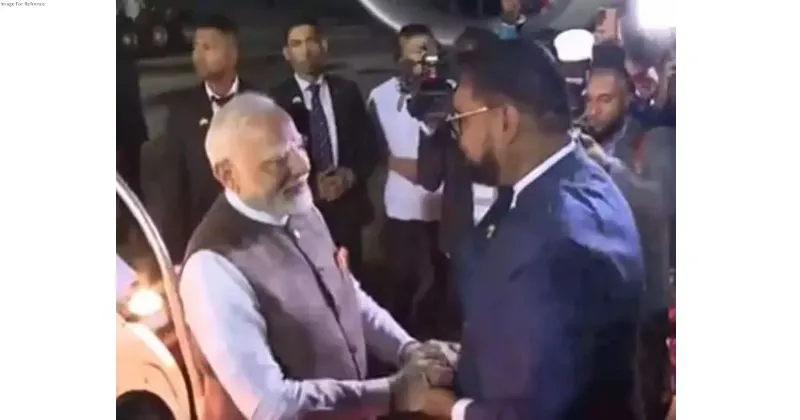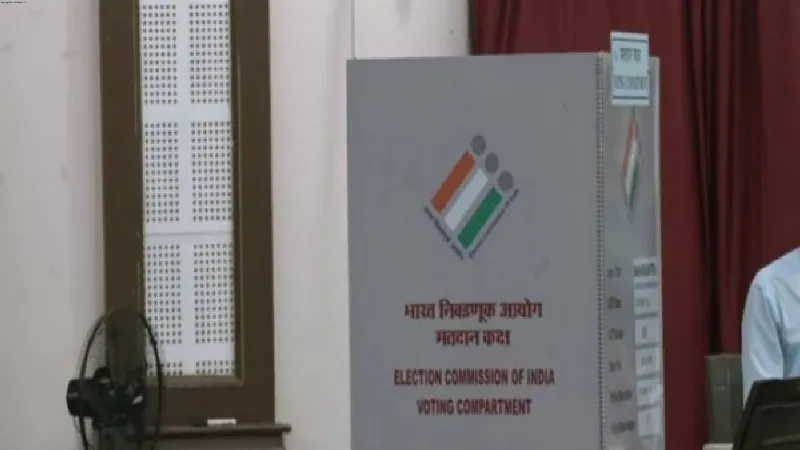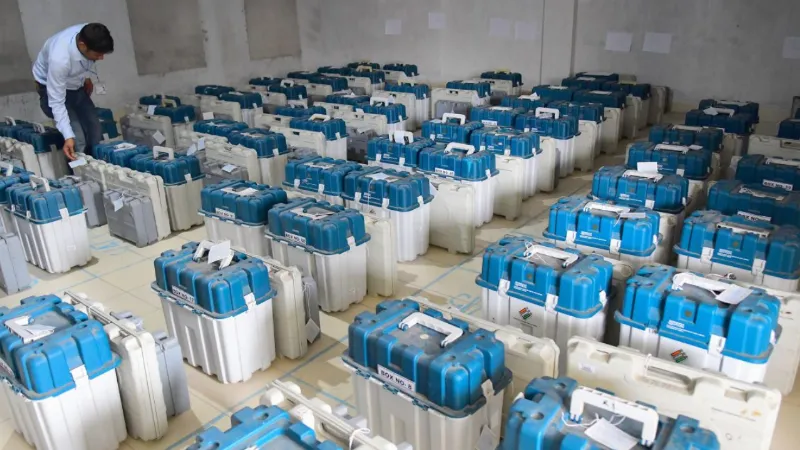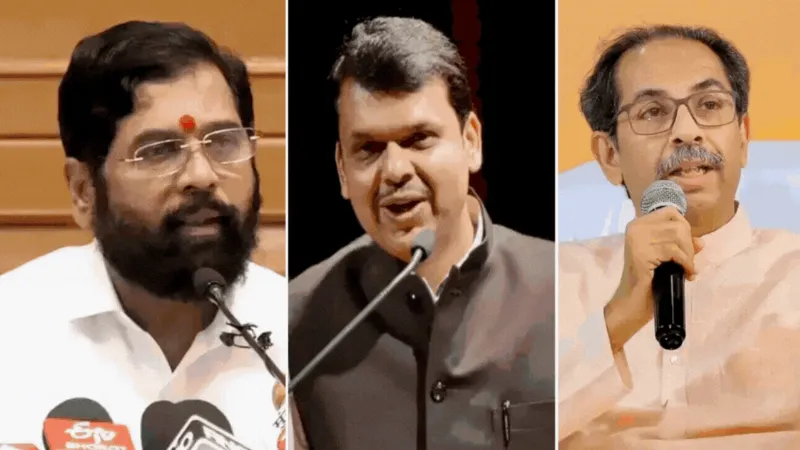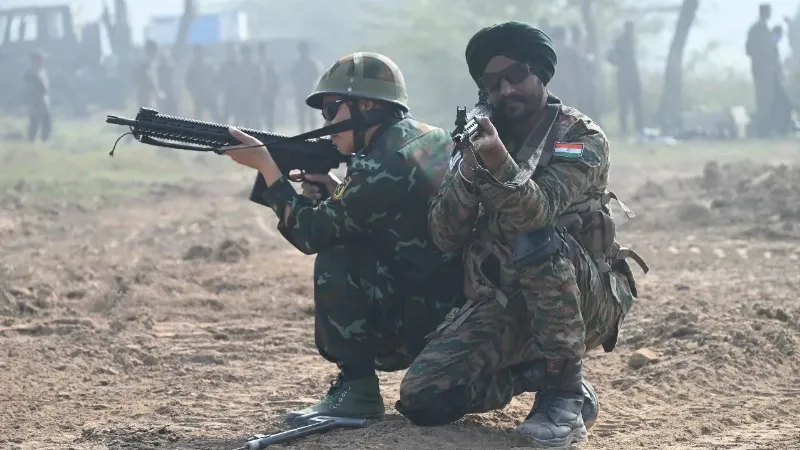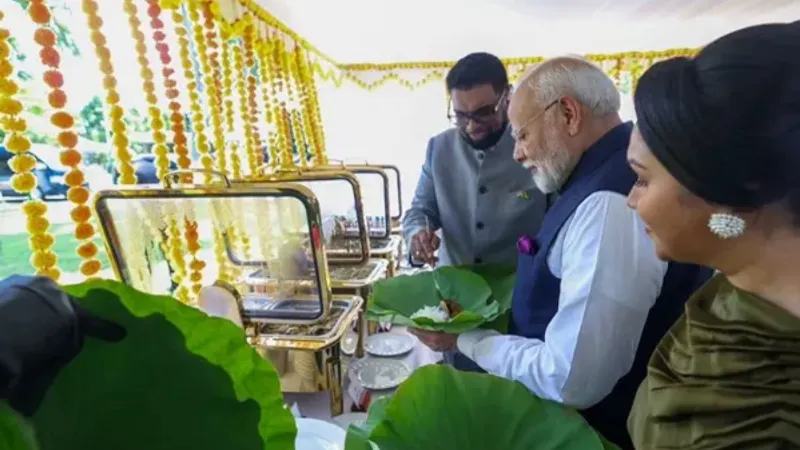At ICJ, Israel rejects 'genocide accusations' brought by South Africa
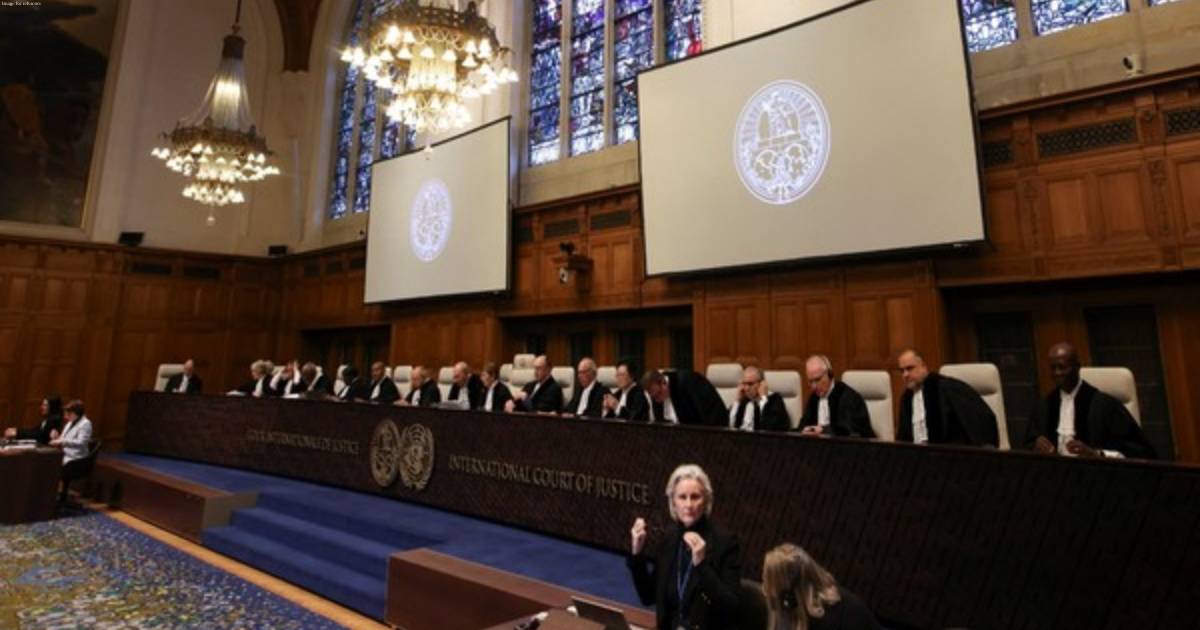
The Hague: Israel presented its case at the International Court of Justice (ICJ) on Thursday (local time), and rejected allegations of genocide levelled by South Africa in connection with the ongoing war in Gaza, CNN reported.
In a heated two-day hearing, Israel argued that if genocidal acts had occurred, they "had been perpetrated against Israel."
Representing Israel, Tal Becker addressed the court, sharing multimedia, oral, and written evidence of the alleged atrocities committed by Hamas militants on October 7. While acknowledging the horror of the situation, Becker emphasised that Israel's actions were within the bounds of defending its citizens and territory.
He said Israel felt "compelled to share with the court some fraction of [October 7's] horror," but stressed it knew this did not justify violations of the law in reply, as reported by CNN.
"We do so not because these acts, however sadistic and systematic, release Israel of its obligations to uphold the law as it defends its citizens and territory--that is unquestionable, said Becker, adding, "We do so because it is impossible to understand the armed conflict in Gaza without appreciating the nature of the threat that Israel is facing and the brutality and lawlessness of the armed force confronting it."
Becker argued that Hamas' acts on October 7 were genocidal, citing evidence of the group's leaders expressing an "agenda of annihilation." He highlighted the repeated use of "annihilationist language" in Hamas' charter and statements by its leaders.
"The annihilationist language of Hamas' charter is repeated regularly by its leaders, with the goal, in the words of one member of Hamas' political bureau, of 'the cleansing of Palestine of the filth of the Jews,'" Becker said.
"If there have been acts that may be characterised as genocidal, then they have been perpetrated against Israel," he added.
The court was shown a video of Ghazi Hamad, a senior Hamas leader, stating, "We will do this again and again." Becker asserted that the provisional measures requested by South Africa, such as the suspension of Israel's military operations, would hinder Israel's ability to defend its citizens.
Israel accused South Africa of presenting a "profoundly distorted factual and legal picture," claiming that the entire case relied on a "deliberately curated, decontextualized, and manipulative description of the reality of current hostilities."
Becker emphasised Israel's awareness of the historical context of the genocide convention, stating, "Seared in our collective memory is the systematic murder of six million Jews." He argued that the convention should not be invoked in the current case, as it was not designed to address the impact of hostilities on the civilian population but rather "a malevolent crime of the most exceptional severity."
Israel criticised South Africa for "weaponizing" the term genocide and accused it of attempting to deny Israel the right to defend itself. Becker concluded by describing the genocide accusation as "libel" and urging the court to dismiss it.
South Africa had previously argued that Israel's leaders were "intent on destroying the Palestinians in Gaza" and called for a halt to the military campaign. Israel dismissed the accusation as "blood libel" and accused South Africa of functioning as the "legal arm of Hamas."
Israeli President Isaac Herzog too reiterated the country's stance, emphasising its commitment to self-defence and efforts to minimise civilian casualties under challenging circumstances.
In the coming days, the ICJ's panel of judges will decide whether to grant South Africa's request for "emergency measures," potentially leading to an order for Israel to halt its military operations in Gaza. A final ruling on whether Israel has committed genocide could take years, CNN reported.
The international community now awaits the court's decision on the emergency measures.

